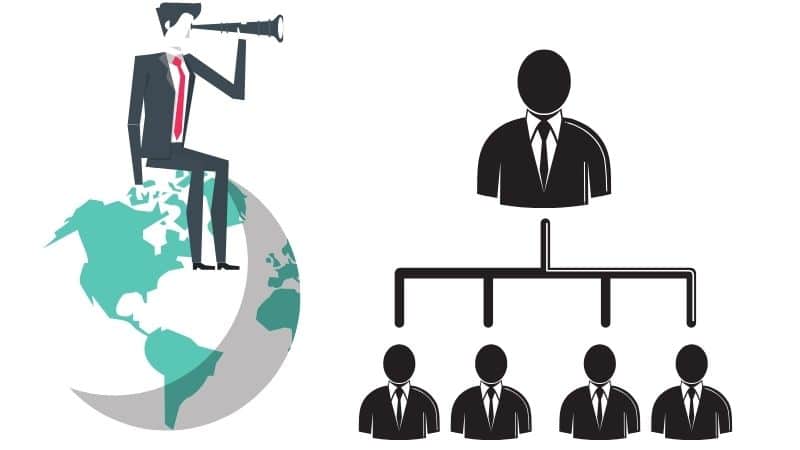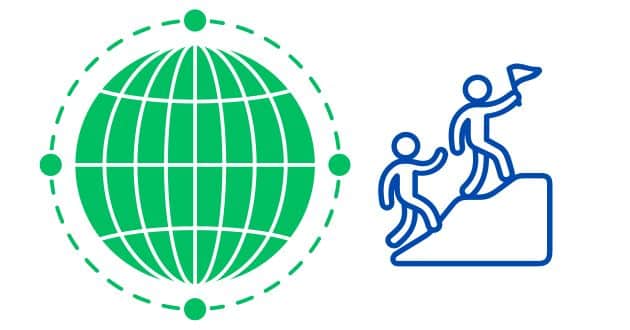Advertisements
The global political scene undergoes constant evolution, witnessing the emergence of new leaders and the adaptation of established ones to changing circumstances. In this article, we will examine the current world leaders who are influencing international policies and guiding their countries’ trajectories. We’ll delve into their backgrounds, leadership styles, and the hurdles they confront.
Introduction to Present World Leaders
Present world leaders wield significant influence not only within their national boundaries but also on the global stage. Their decisions hold sway over global economics, environmental policies, and international relations, with far-reaching consequences. Understanding these leaders, their ideologies, and governance approaches provides valuable insights into future trends in global politics and helps anticipate potential shifts in the global order.
In today’s interconnected world, the actions and policies of these leaders impact various aspects, from international trade pacts to efforts addressing climate change, affecting the lives of billions worldwide. Therefore, staying informed about the leadership of major countries and their stances is more crucial than ever. This knowledge is indispensable not only for those directly involved in politics and global affairs but also for businesses, NGOs, and citizens affected by the decisions of these leaders.
This article aims to offer a comprehensive overview of current world leaders, spotlighting their political backgrounds, the challenges they confront, and their influence on both domestic and international spheres. Whether navigating economic recovery post-pandemic, addressing technological advancements, or managing geopolitical tensions, the actions of these leaders will shape future global stability and prosperity.
Through an exploration of the dynamic landscape of global leadership, we can gain a deeper understanding of the complexities and responsibilities inherent in leading a nation in the 21st century. Such understanding is vital for anyone seeking insight into international policy-making nuances and the strategic choices shaping our world.
Advertisements
Key Figures in Global Leadership

United States
President Joe Biden has been a prominent figure in American politics for many years. His administration places emphasis on domestic matters such as healthcare and infrastructure, alongside tackling international issues like climate change and global security.
China
Advertisements
Xi Jinping, serving as the General Secretary of the Communist Party of China, has played a pivotal role in China’s ascent as a global force. His governance has prioritized economic expansion, technological progress, and elevated military investment.
Russia
Vladimir Putin, who has been serving as the President of Russia since 2012, remains a central figure in Russian politics. His leadership is marked by a firm control over authority, endeavors to reestablish Russia’s global influence, and complex interactions with Western nations.
European Union
Ursula von der Leyen, serving as President of the European Commission, holds a pivotal role in shaping EU policies, with a focus on digitalization, environmental sustainability, and fostering unity among EU member states.
Leadership Styles and Challenges
Each leader exhibits a distinct style that shapes their domestic and international agendas. For instance, Joe Biden’s collaborative approach contrasts starkly with Vladimir Putin’s authoritative demeanor. Similarly, Xi Jinping’s centralized control stands in contrast to Ursula von der Leyen’s consensus-driven leadership within the EU.
Challenges such as economic instability, climate change, and geopolitical tensions pose common hurdles for all current world leaders. Their adeptness in navigating these challenges will define their legacies and shape the global order.
Influence on Global Affairs
The decisions made by these leaders carry significant weight in global trade, security policies, and international diplomacy. For instance, trade policies implemented by the U.S. and China exert considerable influence on global markets. Likewise, Russia’s foreign policies and military interventions impact European security dynamics.
FAQ: Present World Leaders
1 – Who are among the present world leaders?
Among the present world leaders are Joe Biden (USA), Xi Jinping (China), Vladimir Putin (Russia), Ursula von der Leyen (European Union), Narendra Modi (India), and Emmanuel Macron (France).
2 – When did Joe Biden assume the presidency of the United States?
Joe Biden assumed the presidency of the United States on January 20, 2021.
3 – What role does Xi Jinping play in China?
Xi Jinping serves as the General Secretary of the Communist Party of China, holding the highest-ranking position in China. Additionally, he holds the position of President of the People’s Republic of China.
4 – How long has Vladimir Putin held power in Russia?
Vladimir Putin initially assumed the presidency in 2000 and has remained in power for a significant portion of the time since then, serving in roles as either President or Prime Minister.
5 – What are some challenges confronting present world leaders?
Present world leaders grapple with challenges such as managing the recovery from the COVID-19 pandemic, addressing the impacts of climate change, tackling economic instability, and navigating complex international conflicts and diplomacy.
Conclusion
Comprehending the current world leaders is paramount for foreseeing forthcoming political, economic, and societal transformations globally. Their backgrounds, leadership styles, and unique challenges not only mold the destinies of their respective nations but also sculpt the global terrain. Through an examination of these leaders, we glean invaluable insights into the mechanics of global governance and international relations in the contemporary era.
Furthermore, the impact of current world leaders transcends mere political borders; it permeates diverse facets of global interaction, encompassing economic strategies, environmental initiatives, and cultural exchanges. Their decisions possess the potential to catalyze substantial international collaborations or instigate conflicts, thus delineating the trajectory and tempo of global advancements.
It is imperative to acknowledge the interconnectedness of these leaders’ policies and their ramifications on global stability and prosperity. For instance, trade agreements brokered by these leaders can reverberate across global supply chains, while their environmental directives can contribute to the collective response to climate change. Similarly, their diplomatic engagements and military strategies wield pivotal roles in either upholding or disrupting global tranquility.
As we navigate through an era of rapid transformation, staying abreast of current world leaders and their policies equips us to comprehend the global narrative more profoundly and brace ourselves for the repercussions of their decisions. Whether through direct impacts on international markets or through nuanced shifts in diplomatic dynamics, the actions of these leaders are poised to define the contours of international relations and global governance in the times ahead.





